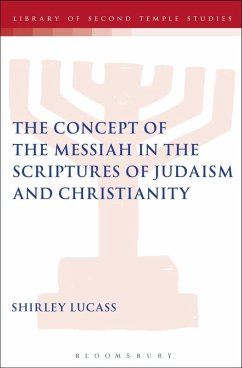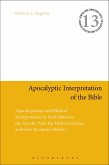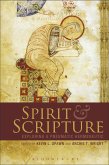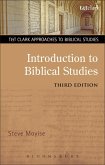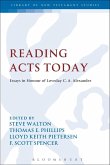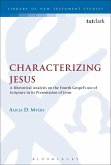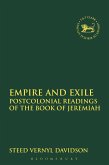In this title, Shirley Lucass examines the history of the concept of messiah in biblical, and post-biblical traditions. For 2000 years, Judaism and Christianity have been at odds with one another. The problem at the heart of the division is the concept of messiah. Shirley Lucass looks directly at the concept of messiah from an historical perspective and examines its roots in ancient Jewish literature, and its development within the Christian tradition, aiming not only to trace the biblical and extra-biblical developments of the concept, but to outline a platform for religious dialogue. Lucass begins with a survey of methodological approaches, and then moves on to consider the origins of the messiah concept in ancient near eastern kingship, the 'anointed' in the Second Temple period and the messiah as outlined in the New Testament and in post 70 CE Messianism. Lucass contends that the New Testament concept of messiah is not inconsistent with, nor incompatible with the Jewish antecedent traditions, and it is this conclusion which enables her to present a valuable chapter on the implications of this study for inter-religious dialogue.

